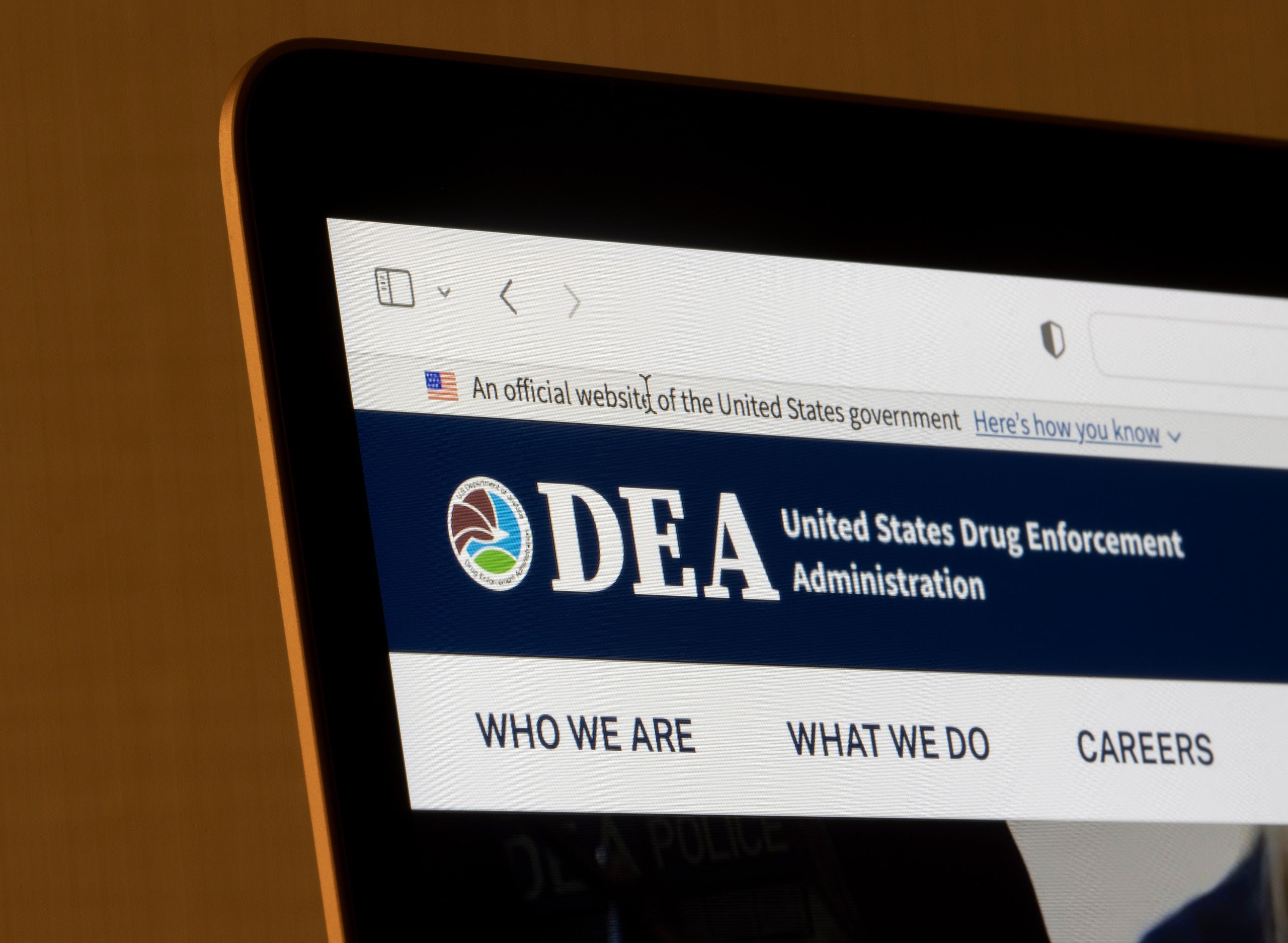Legalization Advocates Assert Drug Reclassification to Schedule III Falls Short in Addressing State and Federal Law Discrepancies
The US government is likely to announce significant changes in how it deals with marijuana next year. This psychoactive drug, legal in many states but considered highly dangerous by federal law, may see a major shift in its classification.
Evidence indicates that the Biden administration is working on a significant change. The plan involves moving marijuana from Schedule I to Schedule III of the Controlled Substance Act (CSA), which would reduce the tax burden on businesses selling it in states where it’s legal.
This shift could also impact how law enforcement approaches marijuana laws.
According to David Culver, the senior vice president of public affairs for the US Cannabis Council, this move to Schedule III could mark a turning point for the industry. He believes it could lead to growth in the legal cannabis space and benefit operators who have been waiting for this development.
Some advocates for marijuana legalization see changing its classification as only a partial solution. They argue that this wouldn’t address the conflicts between state and federal laws that arose when weed legalization gained momentum ten years ago.
Currently, marijuana is subject to the same federal restrictions as drugs like heroin and ecstasy under the Controlled Substances Act. Despite this, 38 states have approved its medical use, and 24 states plus the District of Columbia permit recreational consumption. This conflict has created challenges for the marijuana industry in legal states, especially regarding access to banking services.
According to Paul Armentano, deputy director of the National Organization for the Reform of Marijuana Laws (Norml), reclassifying the drug to Schedule III wouldn’t solve these problems. He suggests that it needs to be descheduled for practical reasons, given that many states regulate marijuana as a legal commodity, a practice not allowed for substances listed in the CSA.
In a recent survey by Gallup, a record-breaking 70% of Americans expressed support for legalizing marijuana. However, President Biden seems hesitant to fully embrace this sentiment. In a statement made ahead of last year’s midterm elections, he granted pardons to individuals convicted of simple marijuana possession at the federal level and initiated a review of the drug’s classification under the CSA.
Normally, the reclassification process is a bureaucratic procedure involving a review by the Department of Health and Human Services, followed by a decision from the Drug Enforcement Administration (DEA). Yet, there are indications that marijuana is undergoing an unprecedented treatment in this process.
On August 30, Xavier Becerra, the Secretary of Health and Human Services, publicly announced the completion of the review, a departure from the usual opaque nature of the process. Notably, the announcement was made at 4:20 pm, a time of great significance in cannabis culture.
Tahir Johnson, a board member at the Minority Cannabis Business Association, who is gearing up to open a dispensary in New Jersey next month, sees potential benefits for his business if marijuana is rescheduled. One key advantage would be a reduction in the tax burden currently faced by marijuana businesses. Under federal law, these businesses cannot deduct their expenses from their income, leading to tax rates that can soar to over 80%.
In other words, Johnson states that it will benefit all cannabis businesses, particularly for minority businesses facing tight finances.
In a noteworthy move, US Health and Human Services Secretary Xavier Becerra recently disclosed the completion of the department’s review on marijuana’s classification. While the details of the recommendations were not explicitly mentioned by Becerra, a letter obtained by Bloomberg News revealed that HHS suggested placing marijuana in Schedule III, aligning it with substances like ketamine and anabolic steroids.
Paul Armentano, deputy director of the National Organization for the Reform of Marijuana Laws (Norml), anticipates that rescheduling could not only benefit cannabis businesses but also positively impact President Biden’s standing with various voter demographics. Gallup’s survey highlights widespread support for marijuana legalization, with 87% of Democrats, 55% of Republicans, and 64% of people older than 55 expressing their approval.
Kevin Sabet, president of Smart Approaches to Marijuana, a group opposing marijuana legalization, argues that lowering the drug’s classification on the Controlled Substances Act would have negative consequences for public health. He contends that such a move would intensify commercialization and promote the glamorization of marijuana, both practically by allowing the deduction of expenses and globally by conveying a message of harmlessness.
While federal legalization remains pending, the responsibility to resolve conflicts between state and federal laws falls on Congress. Progress in this regard has been slow, with the Safer Banking Act, a bill aiming to provide cannabis businesses with more financial services, passing the House of Representatives six times and currently navigating through the Senate.
Since 1972, groups like Norml have consistently petitioned the DEA and HHS to reschedule marijuana, without success. However, Paul Armentano, deputy director of Norml, suggests that the political landscape may now be conducive to some federal agencies relenting on their stance, at least partially.
“The president needs his core supporters to be enthusiastic about what he’s doing to bridge the current enthusiasm gap,” states Armentano. He thinks that if the petition is successful and the DEA changes its 50-year-old stance, it would highlight the political nature of the entire process.
Wrapping It Up
In summary, the landscape surrounding marijuana legalization in the United States is undergoing a significant transformation. The Biden administration is poised to announce substantial changes, potentially moving marijuana to Schedule III of the Controlled Substances Act, a move that could alleviate tax burdens for businesses in legal states.
While some industry experts view this as a pivotal moment for growth, advocates stress that merely reclassifying the drug may not fully address the conflicts between state and federal laws.
The push for federal legalization faces opposition, with concerns raised about the potential impact on public health and increased commercialization.
As the political momentum builds, the dynamics of marijuana policy continue to evolve, sparking discussions about its widespread support among Americans and the need for comprehensive legislative action to resolve long-standing issues.













Leave a comment
All comments are moderated before being published.
This site is protected by reCAPTCHA and the Google Privacy Policy and Terms of Service apply.